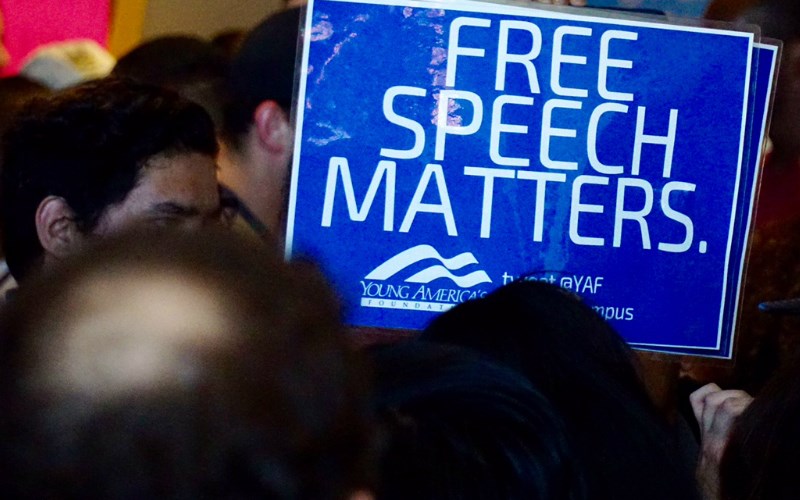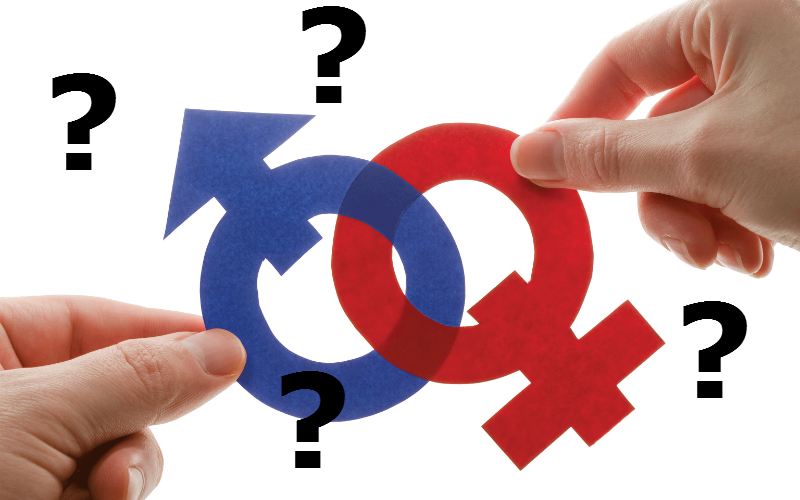Laura Beltz, senior program officer for policy reform at the Foundation for Individual Rights and Expression (FIRE), says that Glenville State University's sexual harassment policy is vague and threatening. Sexual harassment, she notes, is unlawful and not protected by the First Amendment, but free speech is, and the school's policy is so broad that just about any conversation that touches on sex or gender could be punished as harassment.

"It says, 'Sexual harassment is unwelcome verbal or physical contact,' but, of course, could encompass anything from one instance, one unwelcome dirty joke, all the way up to unlawful harassment," Beltz relays. "So, it includes protected speech."
Glenville State does not appear in FIRE's Spotlight database, which covers the policies at 481 colleges and universities across the country. It was reviewed as a part of FIRE's recent report on the speech codes maintained by 17 West Virginia institutions, produced in partnership with the Cardinal Institute for West Virginia Policy and the James G. Martin Center for Academic Renewal.
"We found that the vast majority of schools in West Virginia do have restrictive, unconstitutional policies, and Glenville State is one of those schools," Beltz reports.
According to the findings, while 18.5% of schools nationwide earn FIRE's "red light" rating for clearly and substantially restricting free speech, 47% of the West Virginia schools surveyed earn that rating, including Glenville State.
Beltz's organization has contacted those schools offering to help them align their policies with the First Amendment.







